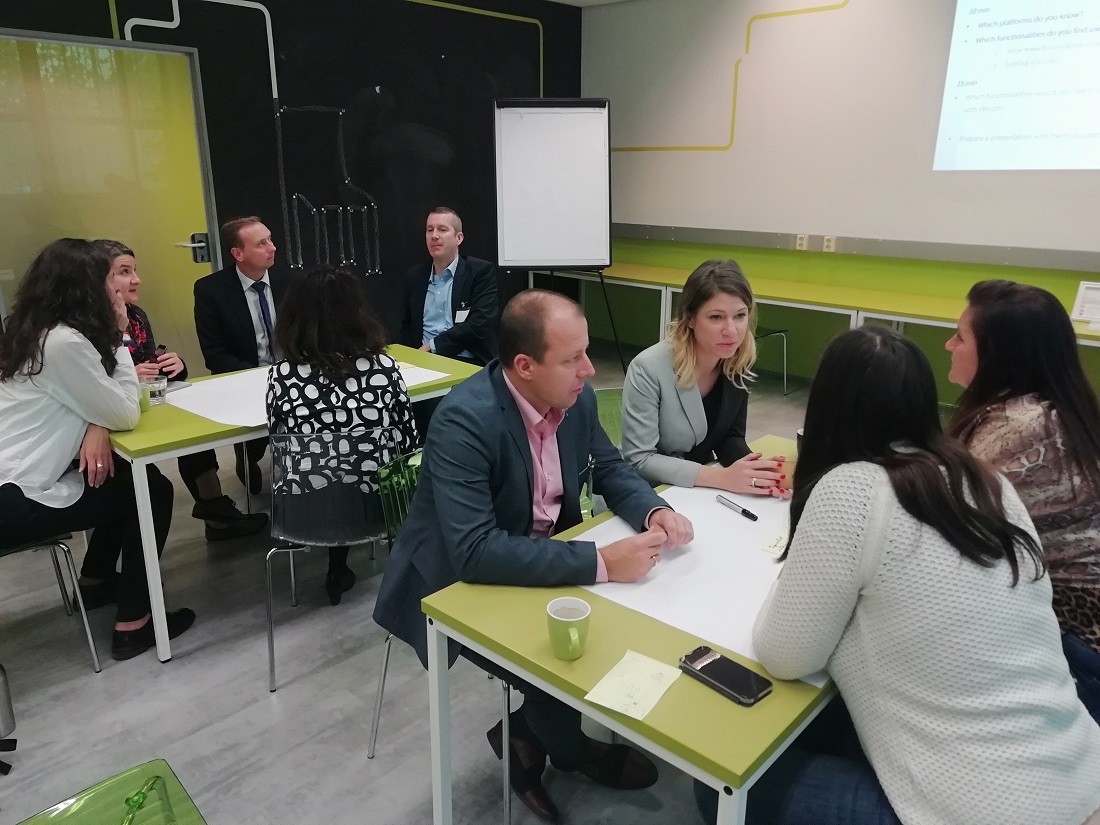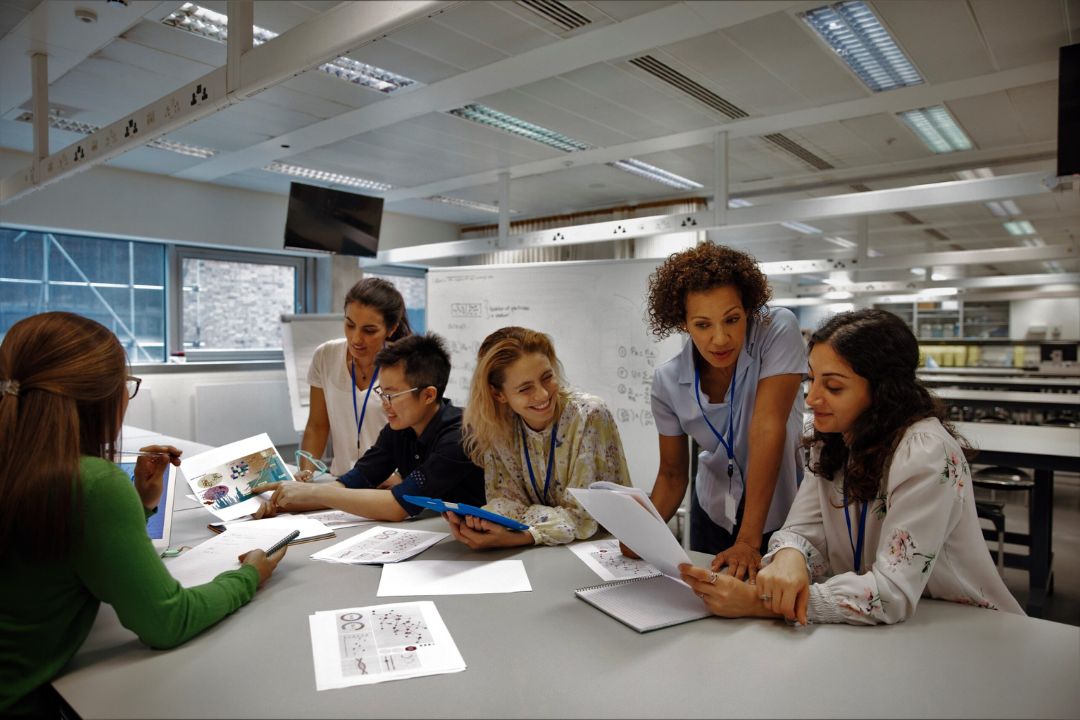22nd August 2018
Porto Living Lab intends to scout innovative ideas born in the academy and in companies from the city
A Living Lab is an open innovation ecosystem, which emerges, in most cases, from a regional context (in a city, for example). Its goal is to promote and emphasize the co-creation of innovative projects among the involved entities (researchers, companies, society), enhancing usage testing in real environments.

The University of Porto is looking for partners to implement a Living Lab in the city: the Porto Living Lab (PLL).
The idea arose in the context of HELIUM, an international project of which the University of Porto is a partner through U.Porto Innovation: “It was inspired by the experience of Living Labs already existing in Europe and with which we had an opportunity to contact in the last two years” says Joana Carrilho, from U.Porto Innovation.
In an initial phase, due to the already existing skills in University of Porto, PLL intends to focus its activity on solutions to promote active ageing, an area in which U.Porto has been showing significant growth, particularly with Porto4Ageing. With this in mind, the University of Porto is now seeking partners to install the Living Lab, helping to “boost the local ecosystem, making Portugal and Porto a reference area in terms of active ageing,” says Joana Carrilho.
The PLL is meant as an innovative project, which aims to cover the various phases of innovation involving, from the beginning, the quadruple helix of stakeholders: academia, government, companies, and society. It is already registered as part of the EIT Living Labs & Tests Beds Network, as a result of the integration of U.Porto as a partner of this network of innovative technologies for health.
In practice, it aims to be a way of scouting innovative ideas already existing in universities, research centres and companies in the city of Porto, promoting ideation programmes for the generation of new ideas, creating a space for the validation of ideas in real environments and also providing training in developing business models and ways of valorising these ideas.
Although the semantics might suggest otherwise – generally, lab stands for laboratory – a Living Lab is not a place, it is a methodology. Therefore, it is not mandatory to have a physical space to create one. It is an open concept, designed to include various initiatives and people, always promoting the participation and involvement of end users in the development and validation of innovative solutions. Thus, PLL will be an initiative with benefits not only for the scientific and business community – which will have access to a broad user base to validate their solutions – but also for the civil society who will be able to get closer to science and innovation.
It is an effective way for citizens to influence the development of solutions tailored to their needs, improving the quality of life through the sense of participation, purpose, and relevance in decision-making. “We believe that innovation must, above all, be guided by the will to make an impact on people’s lives, by solving real problems. And nothing is more conducive to this goal than listening to those who are your end users at all times. And this is what we want our Living Lab to do”, concludes Joana Carrilho, hoping the project will gather the necessary partners to start soon.
For further enquiries contact:
- Sara Fidalgo, sfidalgo@reit.up.pt
New article lays framework for DMD evaluation in EU

An EIT Health-led article published in Nature.
New data shows AI innovation needs skills beyond coding

The largest live dataset of AI start-up talent analysed.
Europe's top health start-ups take centre stage: EIT Health Catapult winners are revealed at HLTH Europe

2025 Catapult programme winners announced.